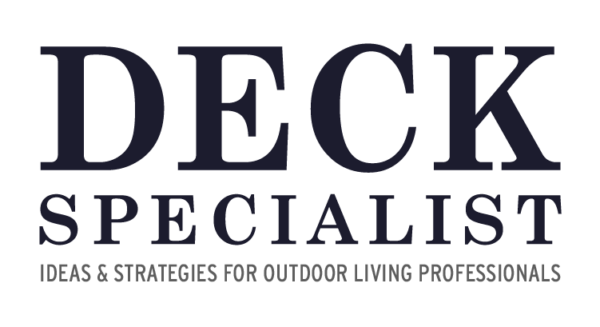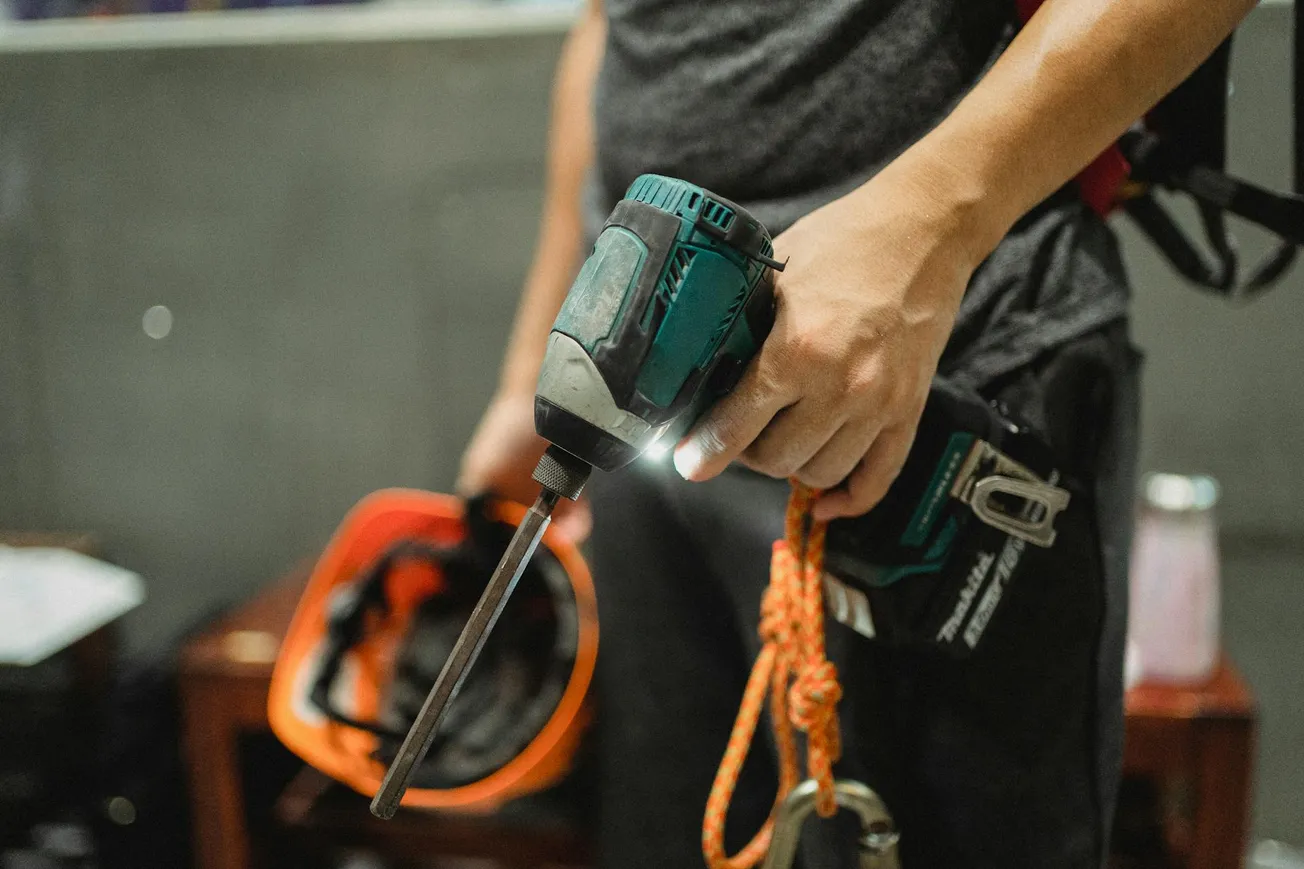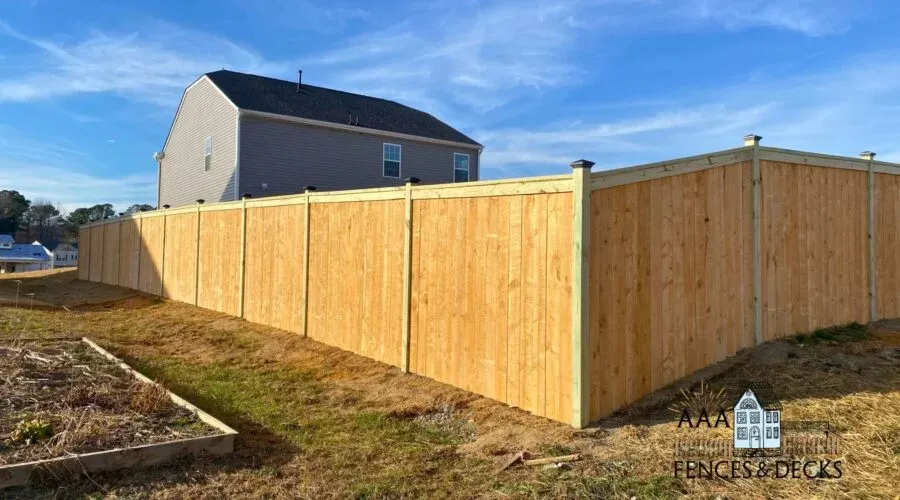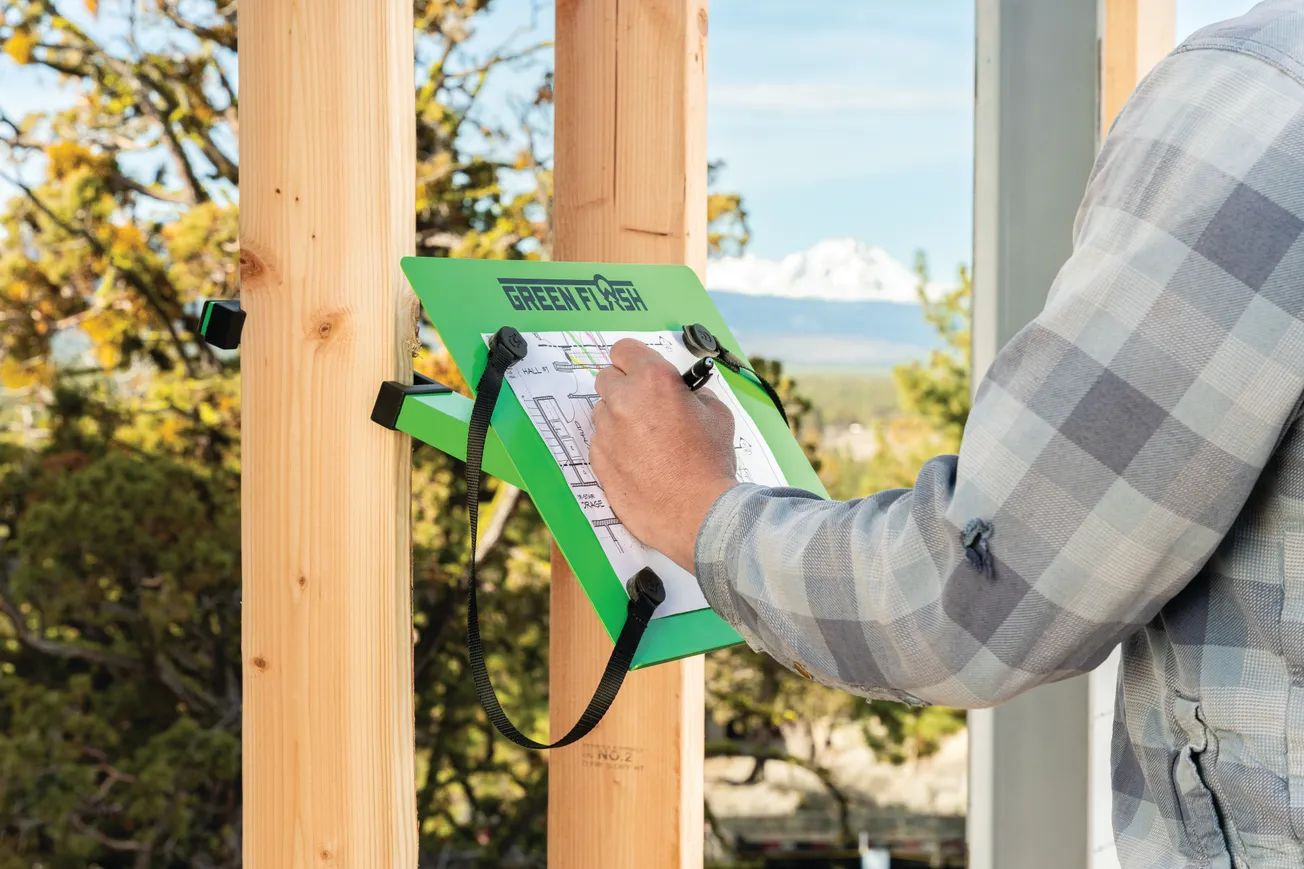Table of Contents
North American Wholesale Lumber Association had just wrapped up its Leadership Summit early last March when the significance of the COVID-19 outbreak slammed home. Attendees had no idea then, but that would be the last in-person industry gathering for the foreseeable future.
The mood in Palm Desert, Ca., was light-hearted, but the return trip from the event was much more solemn. Many of us arrived home to empty store shelves and talk of lockdowns, not knowing when we’d be able to buy our next roll of toilet paper—let alone how our businesses would fare in the emerging public health crisis.
The first line of defense at Weston Forest, and no doubt many other firms, was to preserve cash and protect the business. Not knowing what the future held, we scaled back purchases, unloaded existing inventory, and collected on receivables… then waited to see what was coming next.
It was good news—at least for our industry: Weston and its peers were fortunate to be among the businesses labeled as “essential.” We never shut down, even for a day. While the pandemic kept some pockets of the economy in a stranglehold, lumber was one area that actually flourished in the so-called “K” recovery that followed. In fact, we were busier than ever! Construction was booming. People had both the time and—thanks to cash stimulus payments and low interest rates—the money to build, renovate, and remodel in 2020. The lumber industry, in turn, clocked one of its best performances on record.
While we were grateful to have a life preserver in the middle of the “storm,” the executive team at Weston also recognized an opportunity to systematically improve our company and make it even better and stronger than before.
Necessity Breeds Invention
While Weston thankfully has been able to keep the doors open and the lights on during the pandemic, it was clear from the start of the crisis that operations couldn’t continue on as before. The world was changed, so we had to change how we conducted business, too—quite quickly and quite radically. The new realities of operating during the COVID-19 crisis meant redesigning all of our systems: from the way the order system works to the way we hold meetings down to the way the finance team handles invoice processing when working from house.
As it were, this need to reinvent the wheel was the push our company needed to implement processes and technologies that were already on our corporate “to-do” list but that hadn’t seen any real momentum up until that point. Starting with Zoom.
Zoom Boom
From a hardware perspective, Weston was ready for Zoom pre-crisis. The company renovated our office space a couple of years ago. Some of the inspiration came from NAWLA—which was already well-versed in the virtual meetings platform, although many people had never even heard of it. Because we work closely with the organization, a handful of our offices were already set up for Zoom. We added the cameras to all executive offices as part of the renovation project, although they sat mostly dormant for a year or two. When the pandemic arrived, everyone suddenly needed another way to communicate with staff. We quickly dusted off the Zoom equipment and registered for and added new accounts.
The forum became a critical resource, as we set up daily online meetings with all salespeople at our business units. This seemed an impossibility before, with people arriving at work at various times during the morning, but it became a necessity. We also scheduled daily inter-company video updates across the entire organization. Managers now spend 10-15 minutes hashing out issues they’re facing that day. While initially a response to COVID, what these meetings have done is provide better information and narrowed the culture gap between the separate businesses. It can be difficult to develop a relationship with someone who works at another location, but the video calls have helped create unity and camaraderie despite distance.
Additionally, we used Zoom as a way to regularly check in on individual employees to see how they were coping and even relied heavily on the medium to interview and onboard new hires.
More Moves
There were other initiatives, too, that finally got kicked into high gear with the pandemic. Paperless transactions, for example, was something that we had long wanted to pursue; but now it had to get done. When we found that customers were reluctant to touch delivery slips and pens handled by someone else, we made bill of lading deliveries paperless. We also changed our new order processing flow and customer pick-up procedure.
In another major shift, Weston figured out how to conduct the lion’s share of our business offsite. Although remote work is far from new, it’s certainly come a long way since last year. The inside joke used to be, especially for sales associates, a Friday afternoon “working from home” was roughly translated as “playing golf.” Now, the perception has gone from suspecting that employees are not working as hard to knowing that they’re working harder than ever. It’s no longer something to be frowned upon. In fact, it’s something that we’re likely going to continue forever, along with the other changes that have helped to address the crisis at hand but simultaneously have allowed us to protect employees and customers while enhancing our level of service.
People Power
Another one of those steps entailed strengthening our employee base. While the pandemic unfortunately left many people jobless, it created a vast pool of potential hires. Weston used this opportunity to add some top-quality talent. From sales and operations people to labor and finance people, we backfilled all parts of the organization to upgrade our workforce.
Weston, which already had a culture of including employees in the decision-making process, took that concept a step further in light of COVID. Building on its history of periodic town hall meetings and roundtable discussions, we routinely polled staff on how they were doing, how the company was doing, and how it could do better. Not only did employee surveys and other outreach help alleviate pandemic fears, it added to the drive to elevate the company to a higher level.
Have a Plan
Truth be told, Weston was humming like a well-oiled machine even before COVID; but even if you think you’ve got something operating fairly well, you need to have plans in place: contingency plans, disaster recovery plans.
Be Prepared
If you’re caught unprepared, at least be proactive. Weston was surveying the COVID situation and kicking around ideas long before an official state of emergency was declared, in what even some of our own people perceived as an overreaction at the time. Recognizing and reacting to the severity of the situation early helped us tremendously, however, as did our readiness to pivot.
We’ve proven to ourselves that the systems that we put in place not only allowed us to continue our business, but to thrive and better it.
Going forward, we’re working on a Start-Stop-Continue Plan, to consider what activities we’ll initiate or keep in place as the economy reopens and what activities we’ll no longer need once life returns to normal. We’re also drafting a plan for pandemic protocols. Now that we’ve lived through one, we’re documenting that so—whether it’s a year from now or 100 years from now—if this ever happens again, there’s a historical reference to some of the steps that whoever is running the company will need to take.










